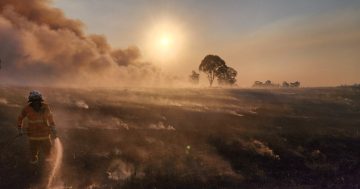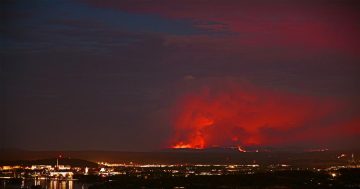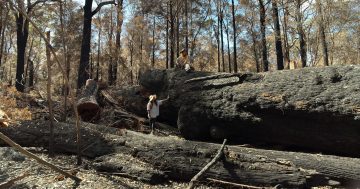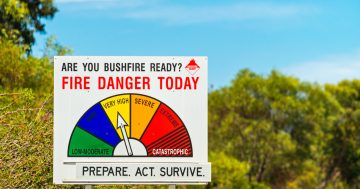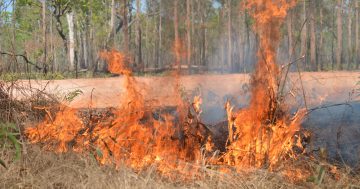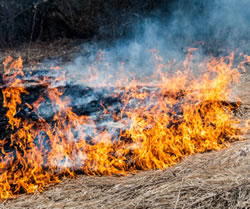 The Department for Environment and Water is to move the dates of some prescribed safe burning exercises into next year due to the wetter than average conditions the State received during Spring which significantly hindered delivery of the program.
The Department for Environment and Water is to move the dates of some prescribed safe burning exercises into next year due to the wetter than average conditions the State received during Spring which significantly hindered delivery of the program.
According to the Department, prescribed burns play an important role in regenerating habitats for native plants and animals but are not the only tool used to reduce bushfire risk.
It said Climate drivers, including La Nina and a negative Indian Ocean Dipole, contributed to above average rainfall which created unsuitable burning conditions.
Fire Management Director with the Department, Fiona Gill said prescribed burns were an important mitigation tool.
“The burns target fuel hazards, which is important as this can reduce the speed and intensity of bushfires, and makes them easier to control, provides a safer environment for firefighters and ultimately saves lives and property,” Ms Gill said.
“If there’s a good weather window, then the program is flexible enough to complete more burns,” she said.
“But if conditions aren’t right on the day, a burn won’t go ahead and may be rolled over to the next season or year.”
She said every opportunity will be taken to complete as many burns as possible, while the weather and fuel conditions were suitable.
The Department said a prescribed burn required suitable conditions on the day, including wind direction and weather, as well as moisture in the soil, vegetation and air, to ensure a burn will be safe and effective.
“There are 46 prescribed burns planned for spring,” the Department said.
“Those that are not completed will be moved into autumn next year when 41 burns are planned, or into the following year, as part of an ongoing, rolling 3-year mitigation program.”
It said it was also undertaking numerous fire preparedness activities, including track clearing, checking water points, ensuring fire appliances and plant and equipment are ready and staff are trained and organised.
“Fire management is part of a long-term strategy of continuous planning, assessing, and monitoring, to minimise risks and maximise benefits for the best results of reducing bushfire risk to communities, and preserving and enhancing biodiversity,” the Department said.


